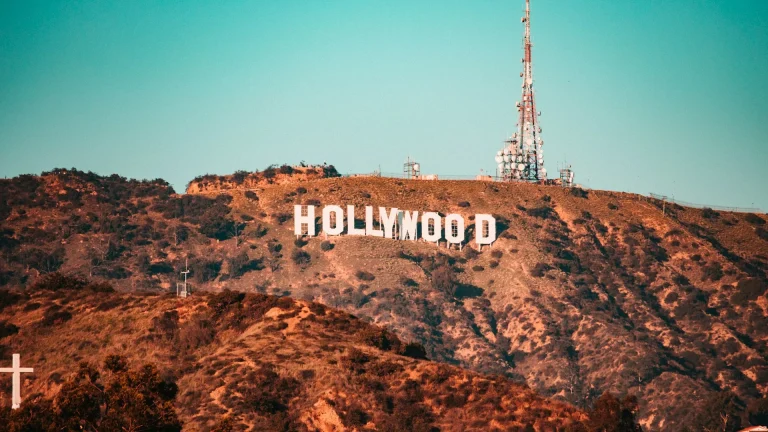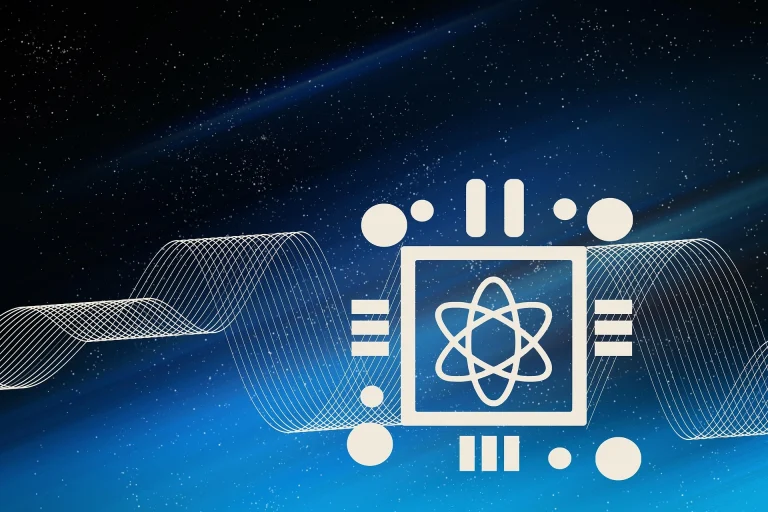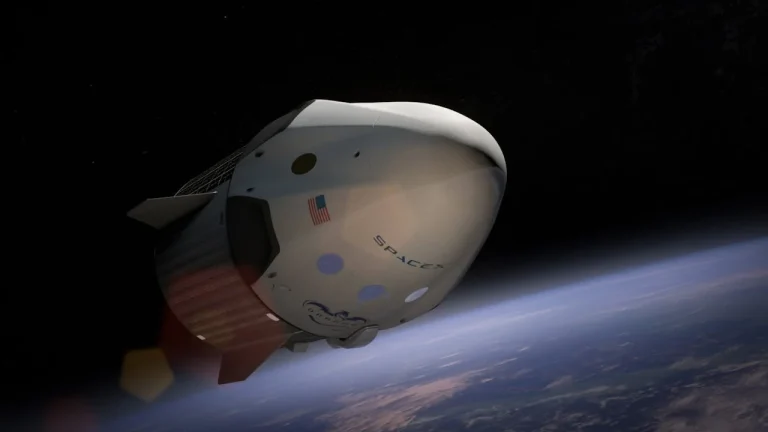
Global Media Mergers
Global Media Mergers & Their Impact on Celebrity Power Structures
1. The New Era of Media Consolidation
The entertainment landscape today is all about global media mergers. Big multinational corporations now largely control social media and streaming platforms. Their mergers are reshaping how creators produce, share, and monetize content worldwide. When these corporations join forces, they also consolidate power over the narratives and celebrities we see. Celebrities who once had their independence now find themselves backing a handful of increasingly powerful media companies. With cross-platform ownership, a single deal can quickly reach billions of people. Now, actors, artists, and influencers have to navigate through corporate ecosystems instead of traditional studios. The boundaries between digital, television, and film are becoming less distinct due to this new power dynamic. The media industry feels more like a collection of empires rather than separate realms. Each merger shifts the rules about who holds global cultural influence.
2. The Corporate Takeover of Fame
In the past, celebrity power mainly came from charisma, talent, and media exposure. Nowadays, cross-platform deals and strategic partnerships between corporations often shape it. As mega-mergers occur, companies increasingly treat stars as valuable assets within diverse entertainment portfolios. Their brands and images become intertwined through various corporate channels. News networks, gaming companies, and streaming platforms all share a common celebrity ecosystem. Executives decide how and where these stars will appear, perform, and promote themselves. Instead of being driven by audience demand, influence has shifted to being a product of corporate strategies. This corporate restructuring limits individual freedom in how celebrities express their brands. To remain relevant, today’s celebrities must align with business narratives. Celebrity status has transformed into a blend of business collaboration and creative expression. Now, it’s not the artists who hold the reins of stardom; it’s the algorithm-driven organizations that do.
3. Mergers Redefining the Star Economy
Celebrity contracts can shift dramatically overnight, especially when companies decide to merge. The fate of a star can hinge on just one signature. Streaming services often prioritize exclusive contracts, leading to a modern-day digital monopoly. In this landscape, actors and singers often find themselves as bargaining chips in multi-million dollar deals. While a merged platform can offer unparalleled exposure, it often comes with a hefty price tag. Stars might secure their financial future, but it can come at the cost of their creative freedom. Their personal growth can be stifled as their brands start to align with corporate goals. Revenue is increasingly driven by subscription models and data-focused engagement. Celebrities are constantly competing for attention in highly controlled environments. This shift in the economy has turned celebrity status into a risky financial gamble. Now, the celebrity economy feels more like a carefully crafted system than a personal journey.
4. Streaming Giants as Gatekeepers of Influence
The rise of streaming services has really changed the game in global entertainment. Mergers between platforms like Netflix, Disney+, and Amazon are reshaping the creative landscape. These industry giants have the power to decide who gets seen and what content the world consumes. Now, it’s algorithms that determine which celebrities capture international attention. Unlike in the past, when public demand shaped fame, today it’s the platforms that call the shots. Actors with impressive digital metrics are prioritized over those with a rich creative history. Entire generations of fans are influenced by the franchises owned by these streaming companies. Their bold decisions can impact careers across the globe. Now, it seems that career trajectories are more influenced by algorithms than by agents. Global visibility is filtered through technology, moving away from a more democratic approach. Streaming mergers leverage data, exclusivity, and analytics to redefine what it means to be a superstar.
5. The Collapse of Independent Celebrity Brands
Corporate ecosystems can be pretty tough for independent celebrity ventures to navigate. With mergers bringing marketing, distribution, and talent management all under one roof, it’s no wonder that once-independent media stars are now leaning on conglomerates for support. When massive networks have their hands on every platform, it makes self-production a real challenge. Influencers who partner with these corporations often find their unique creative flair getting stifled. They have to stick to global branding guidelines that dictate their content strategies. Right now, there are some serious institutional hurdles for celebrities trying to step into the entrepreneurial world. Before stars even sign on the dotted line, brand relationships are already hashed out between merging companies.
Global Media Mergers are reshaping how audiences consume news, entertainment, and digital content. In this setup, freedom becomes a luxury that only a privileged few can enjoy. Celebrities are treated like assets in the global marketplace, managed much like intellectual property. With the pressure from corporate consolidation, the dream of complete independence is slowly fading away.
6. Cross-Platform Personalities: The Rise of the Corporate Celebrity
In today’s world, modern mergers are pushing for cross-platform celebrity personas to broaden their reach. A single performer can juggle roles as a model, host, influencer, and actor across various platforms. Corporate talent divisions are strategically picking these roles. By merging networks, they ensure consistent branding across social media, fashion, and film. However, this often stifles genuine creativity while creating an illusion of diversity. Entertainment companies treat celebrities like versatile products. Their marketing campaigns are mirrored in the celebrities’ social media feeds, showcasing a seamless blend of global corporate storytelling and personal expression. Instead of celebrating uniqueness, audiences are consuming identities that are carefully crafted by branding strategies. The line between advertising and celebrity has become completely blurred, with corporate celebrities acting as both the product and the promoter.
7. How Mergers Shape Global Celebrity Hierarchies
Global markets are reaching new heights of fame thanks to media consolidation. This corporate growth allows regional stars to gain a global audience, while international celebrities can easily dominate local markets. The balance between local and global celebrity status is always shifting. Streaming companies leverage demographic data to promote the right stars. When businesses merge, they can adopt multiple cultural stories, but this often leads to a focus on just a few prominent figures, which can stifle diversity. For those outside of corporate networks, gaining international recognition can be quite a struggle. Meanwhile, celebrities backed by large conglomerates tend to amplify their influence. Even though content is accessible worldwide, cultural representation can become more restricted. Mergers reshape the landscape of fame, with a single platform dictating who gets global visibility.
8. The Algorithmic Manager: Data as the New Agent
By looking closely at how viewers behave, algorithms can pinpoint which celebrities spark the most interaction. Studios tap into this data to tailor films based on the star power they expect. As a result, algorithmic forecasting is becoming increasingly crucial in managing talent. In the realms of casting and contract talks, artificial intelligence is stepping in where gut feelings used to reign. For a celebrity, their online presence has become their most valuable asset. Nowadays, executives rely on statistics and conversion rates to measure a star’s appeal. Data-driven decisions reduce the unpredictability of human behavior and lessen creative risks.
Just like they do for their fans, stars are now performing for algorithms too. AI is crafting characters with audience retention in mind, rather than focusing on creative depth. The rise of Global Media Mergers has concentrated power in the hands of a few major corporations. This automated approach is reshaping what authenticity means in entertainment. Now, it’s algorithmic intelligence, not human insight, that’s calling the shots in the world of celebrity.
9. Political and Social Influence Under Corporate Control
Celebrities often leverage their fame to champion justice and various causes. However, mergers can stifle their ability to speak out freely. Many corporations include clauses in contracts that restrict political activism and expression. Today, investors closely tie their opinions and a company’s reputation to its public image. Celebrities who are vocal about their beliefs risk losing visibility on streaming platforms or corporate sponsorships. Brand-safe messaging guidelines often filter out genuine social activism, leading audiences to witness more polished advocacy rather than authentic commitment. When corporate governance and entertainment merge, independent voices tend to get drowned out. This means that a celebrity’s influence often hinges on the approval of institutions. In a world where socially conscious celebrity culture thrives, this contradiction raises questions about what authenticity really means. Ultimately, advocacy can quietly morph into strategic marketing when it’s under corporate control.
10. The Globalization of Celebrity Identity
Mergers are creating global celebrity icons by connecting media markets across different continents. Instead of just representing local cultures, these stars now resonate with audiences worldwide. Hollywood is mixing aesthetics and cultural elements by collaborating with local industries. Under the influence of Western studios, a Korean actor could become the leading star in international films. While this partnership opens up new opportunities, it also risks blending cultures into one. National celebrities are being replaced by global icons that symbolize modern identity. The appeal of international markets often overshadows the uniqueness of individual cultures. Audiences everywhere are encountering a standardized version of global celebrity. To reach a wider audience, these mergers encourage intercultural and multilingual collaboration. However, sometimes diversity is more about surface-level appeal than genuine structure. At the same time, the global celebrity image embodies both a dilution of culture and a sense of inclusiveness.
11. Resistance and Reinvention in the Age of Consolidation
Some celebrities are finding creative ways to reclaim their independence, even in a world dominated by big corporations. They’re launching direct-to-fan platforms and starting their own production companies. These ventures allow stars to tell their own stories without relying on traditional studios. Thanks to blockchain technology and crowdfunding, artists can now fund their projects themselves. Social media makes it easy to connect directly with audiences, cutting out the middlemen. Unlike the giants of corporate entertainment, these collaborative networks of creators are fostering vibrant countercultures. Independent documentaries, podcasts, and streaming shows are pushing back against industry monopolies. More and more, audiences are gravitating towards authentic, independently funded art rather than flashy commercial productions.
This rebellion against consolidation is breathing new life into the democratic spirit of art. These independent initiatives remind the industry that true innovation often comes before any organizational structure. In this new landscape, resistance is becoming the key to celebrity empowerment. Investors see Global Media Mergers as opportunities to maximize profits and streamline operations.
12. The Future of Fame in a Merged World
International mergers are set to reshape the landscape of celebrity. Virtual reality, artificial intelligence, and metaverse media will redefine what visibility means. Stars will wear many hats, acting as influencers, live performers, and even avatars all at once. On a global scale, corporate ecosystems will dive deeper into immersive entertainment. Even before producers start crafting content, data will guide them on what audiences crave. Yet, the most valuable currency in this new world will still be authenticity. With corporate storytelling becoming so common, people are increasingly yearning for the truth. The next big star might just blend emotional honesty with digital precision. Uniqueness will resist assimilation, and media companies will keep expanding through mergers. The future of fame depends on finding the balance between integrity and creativity. Even as the global entertainment scene merges, creativity continues to assert its power.
Conclusion
Celebrity culture has transformed into a landscape dominated by corporate interests and algorithmic influence, all thanks to global media mergers. What used to be a vibrant, audience-driven phenomenon has now become a game played within tightly controlled, data-heavy empires that dictate who shines in the spotlight and who fades into the background. Yet, amidst this structured environment, true originality still struggles to make its voice heard. In a world obsessed with analytics, independent voices, digital mavericks, and self-made creators are proving that authenticity still holds value. Those who champion creative integrity are likely to gain more fame in the future than those who merely control the platforms. Human expression will always break through the noise, reshaping power dynamics on its own terms, even in an era of corporate consolidation.

I’m a passionate blogger and senior website developer with an MPhil in Computer Science, blending technical expertise with a deep appreciation for the art of storytelling. With advanced knowledge of English literature, I craft content that bridges creativity and technology, offering readers valuable insights and engaging narratives. Whether building dynamic websites or exploring thought-provoking ideas through my blog, I’m driven by a commitment to innovation, clarity, and impactful communication.












